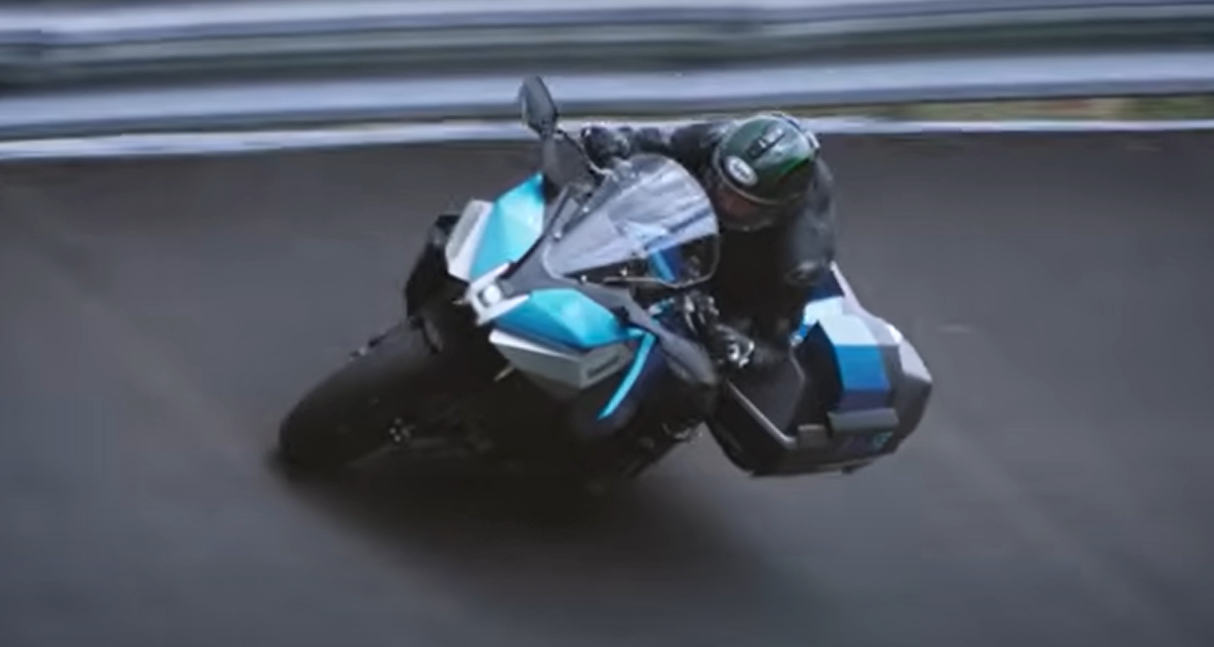Why it matters: Kawasaki Motors has introduced the world’s first hydrogen-powered motorcycle, potentially revolutionizing the motorcycle industry with a greener, high-performance alternative to traditional gasoline engines.
A groundbreaking debut: On July 20, 2024, Kawasaki conducted the first public demonstration of its hydrogen Internal Combustion Engine (ICE) motorcycle at the Suzuka Circuit in Japan.
- According to Asahi, the prototype is based on the Ninja H2 SX model and features a modified 998cc inline four-cylinder supercharged engine.
- This development marks a significant milestone in Kawasaki’s research, which began in March 2023.
Satoaki Ichi, head of the development division at Kawasaki Motors: “The research is only at an initial stage. A hydrogen engine is only one of the answers,”
Environmental impact and performance: The hydrogen ICE offers several advantages over traditional motorcycles:
- Primary emission is water vapor, with minimal CO2 from engine oil combustion.
- The Express Tribune says that the engine burns fuel nine times faster than gasoline engines, providing smoother acceleration.
- Maintains the revving sounds and vibrations beloved by motorcycle enthusiasts.
Challenges ahead: Despite its promise, the technology faces several hurdles:
- Fuel tank size and potential combustion risks need to be addressed.
- Regulatory amendments are required for road use.
- The development of hydrogen fuel supply infrastructure is crucial.
Industry collaboration: Kawasaki isn’t alone in this endeavor:
- Honda, Yamaha, Suzuki, and Toyota are partnering to advance hydrogen engine research.
- The collaboration aims to expand applications to small vehicles beyond motorcycles.
Looking to the future: Kawasaki has set ambitious goals for its hydrogen-powered technology:
- Aims for practical use by the early 2030s.
- Part of a broader plan to complete electrification of its models by 2035.
As the global push for sustainable transportation intensifies, Kawasaki’s hydrogen-powered motorcycle represents a significant step forward. While challenges remain, this innovation could reshape the motorcycle industry and contribute to a greener future of mobility.




















